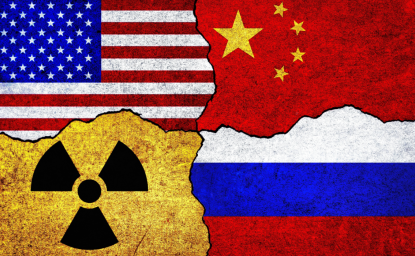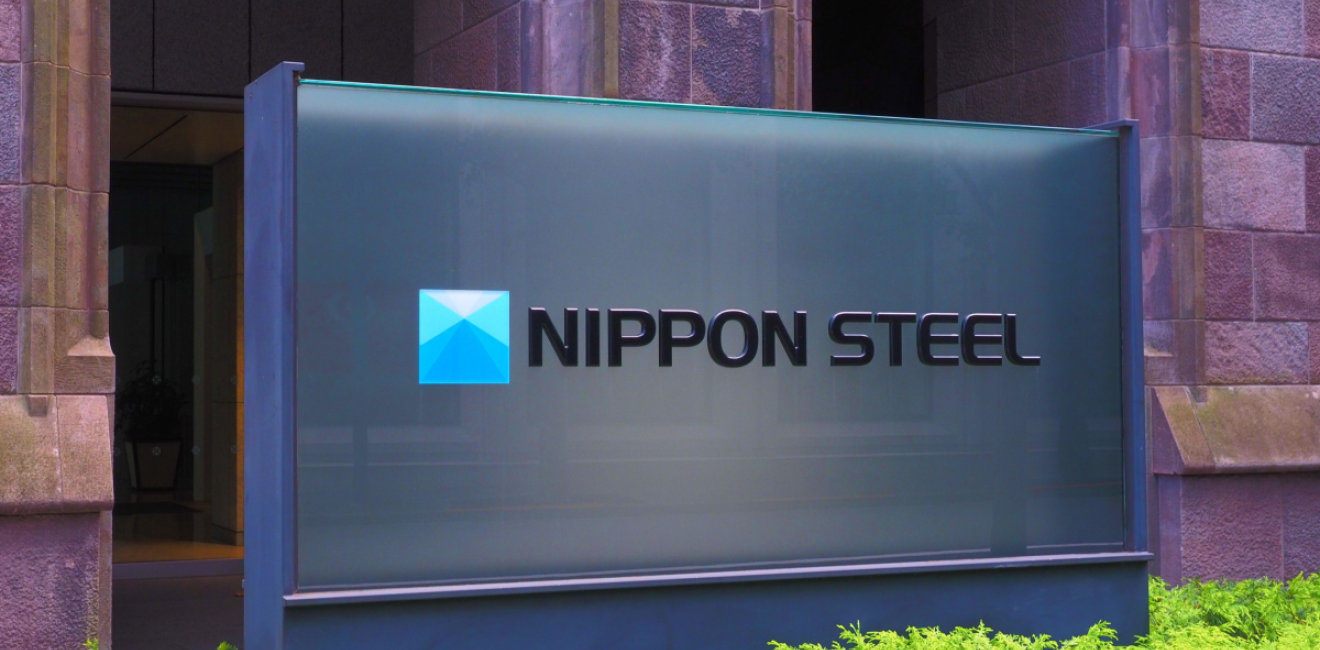President Biden’s rejection of the purchase of US Steel by Japan’s Nippon Steel has damaged the reputation of the Committee on Foreign Investment in the United States (CFIUS), put one of the United States’ most important alliances at risk, and cemented US Trade Representative Katherine Tai’s legacy of disregarding sound economic policy in favor of partisan considerations.
Above all, it has illustrated the crying need for better rules, guidelines, and processes for determining how we assess the national security interests of the US.
Intervening in transactions between private parties is something governments should contemplate only in rare circumstances. Even then, any response should be measured. Two conditions warrant more aggressive action: if the transaction would create anti-trust concerns or if the deal threatens national security.
Nippon Steel’s $14.9 billion offer for US Steel raised no flags on the former. While Nippon Steel is one of the world’s largest steelmakers, it produces only about 0.2 million tons of steel in North and Central America. Cleveland-Cliffs, an Ohio-based producer that also sought to take over US Steel, is another story.
In response to President Biden’s decision, lawyers for Nippon and US Steel filed two lawsuits, one against the administration and CFIUS, and another against United Steelworkers boss David McCall and Cliffs’ Chief Executive Lourenco Goncalves. In the latter suit, the plaintiffs allege violations of the Federal Racketeer Influenced and Corrupt Organizations (RICO) Act. Both McCall and Goncalves reject the allegations.
In a court filing in the US District Court for the Western District of Pennsylvania, attorneys charge that a takeover of US Steel by Cleveland-Cliffs would enable Cliffs to capture “at least 80% of blast furnace steelmaking capacity in North America (including 100% in the United States); 89% of iron ore reserves, extraction, and production in North America (100% in the United States); 100% of electrical steel production in North America and the United States; and approximately 65% of exposed automotive steel production in North America and the United States.”
This leaves the threat to national security argument, which is why CFIUS was activated. Normally, CFIUS is called upon to review foreign investment in the US only if there are reasonable concerns about the impact on national security. The fact that US Steel does not make military-grade products and has no government contracts makes the national security argument a stretch.
The argument is even less credible considering Japan hosts more than 50,000 US troops and in 2023 changed its laws so US-designed Patriot Missiles produced in Japan could be sold to the US to replenish stocks that had dwindled due to substantial shipments to Ukraine.
Tokyo has been a stout supporter of US restrictions on tech exports to China, even as its own tech sector frets about being closed out of the huge and lucrative Chinese market.
Such is the improbability of concerns over national security that CFIUS could not reach a consensus on whether such concerns were warranted. According to media reports, a majority of those on the CFIUS board–including the secretaries of Treasury, State, and Defense–found no grounds for stating that national security would be harmed. Numerous reports stated that the only Cabinet-level official opposing the purchase on national security grounds was Ambassador Tai.
So if blocking Nippon’s purchase would create a less competitive steel market, had no tangible impact on national security, and was seen by America’s closest Asian ally as an unreasonable snub, why do it?
Strangely, it seems politics had a hand in the decision. From the beginning of the presidential campaign, it was clear that Pennsylvania was perhaps the most crucial swing-state prize in the election. US Steel is based in Pittsburgh, as is the USW. President Biden considers himself the most pro-union president in history and has consistently adopted anti-trade positions in the belief that they would attract union support. That US Steel’s management, a good portion of the USW rank and file, and local politicians all favored the Nippon bid did not enter into the political calculus.
On October 11, Ambassador Tai appeared at a press conference at the Cleveland-Cliffs steel plant in Coatesville, Pennsylvania, where she was seated next to Mr. Gonclaves. On October 31, President Biden appointed USW’s Mr. McCall as an advisor to USTR and on November 22, Ambassador Tai met Mr. McCall at the White House.
A voting member of CFIUS being hosted by and advised by those strongly opposing a deal on which she would be voting may be permissible, but such conduct exudes the stench of impropriety. On January 3, President Biden formally blocked the deal.
Ambassador Tai has preached the benefits of “worker-centric” trade policies. The labyrinthine construct she presents is one in which workers, companies, and community (foreign and domestic) are not “pitted against each other.” Yet her sole example of how this works in practice is to suggest that the US-Mexico-Canada trade agreement has benefited Mexican workers.
Such arguments no doubt work well with groups of inside the Beltway progressives but resonate little with those living in most of the rest of the country. It would have been wiser for her to tell workers she would fight to open markets abroad for the products they make in the US. Voters who turned out for Kamala Harris are unlikely to have done so because of the benefits US trade policy had created for Mexican workers. If the objective of blocking the merger was to win over workers and voters in the swing states, it failed.
The Nippon Steel-US Steel legal suits will probably not lead to any change in the outcome. President-elect Donald Trump has also spoken out against the Nippon Steel takeover. US Steel officials say without the infusion of cash promised by Nippon, it is likely to shutter facilities, lay off workers, and perhaps move its headquarters away from Pittsburgh. Hardly an outcome that will benefit steel workers.
In sifting through the wreckage wrought by this ill-considered and ultimately fruitless decision, several conclusions can be drawn: The first is that the country needs to take a hard look at how it defines national security. Flexibility for the president in making any determination is a given. But the corruption of a highly respected process by brazen political considerations has done real damage to America’s reputation in Japan, the most important US ally in the Pacific. It also raises questions in the minds of potential foreign investors about whether the United States is a reliable partner. Finally, the fact that many US Steel workers supported the Nippon Steel acquisition makes clear that not all American workers buy into Ambassador Tai’s strange ideas on trade.
Author

Director of the Information and External Relations Division and Chief Spokesman at the World Trade Organization (retired)

Wahba Institute for Strategic Competition
The Wahba Institute for Strategic Competition works to shape conversations and inspire meaningful action to strengthen technology, trade, infrastructure, and energy as part of American economic and global leadership that benefits the nation and the world. Read more

Explore More
Browse Insights & Analysis
US Inaction Is Ceding the Global Nuclear Market to China and Russia

Promoting Convergence in US-Brazil Relations




